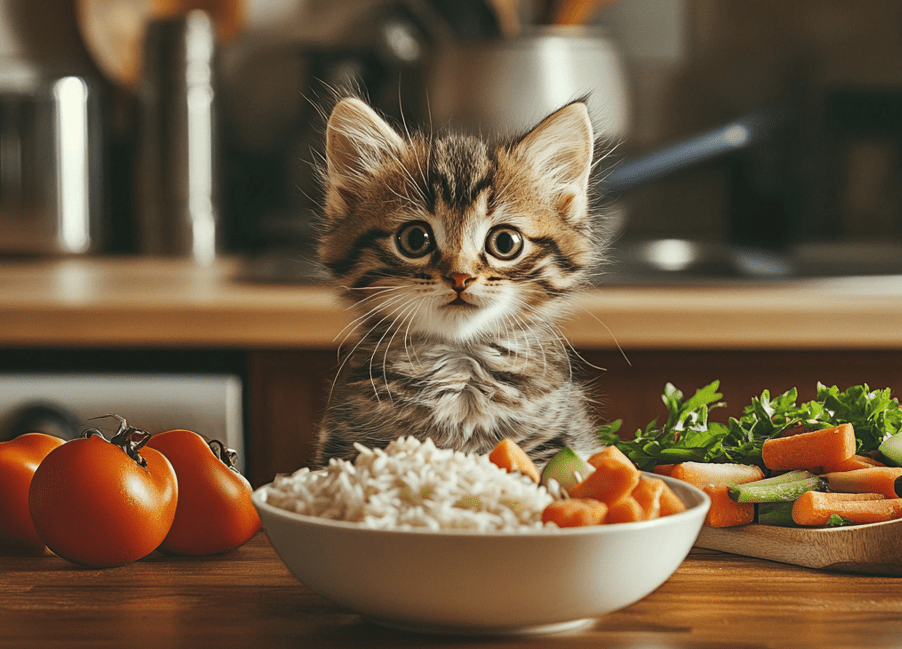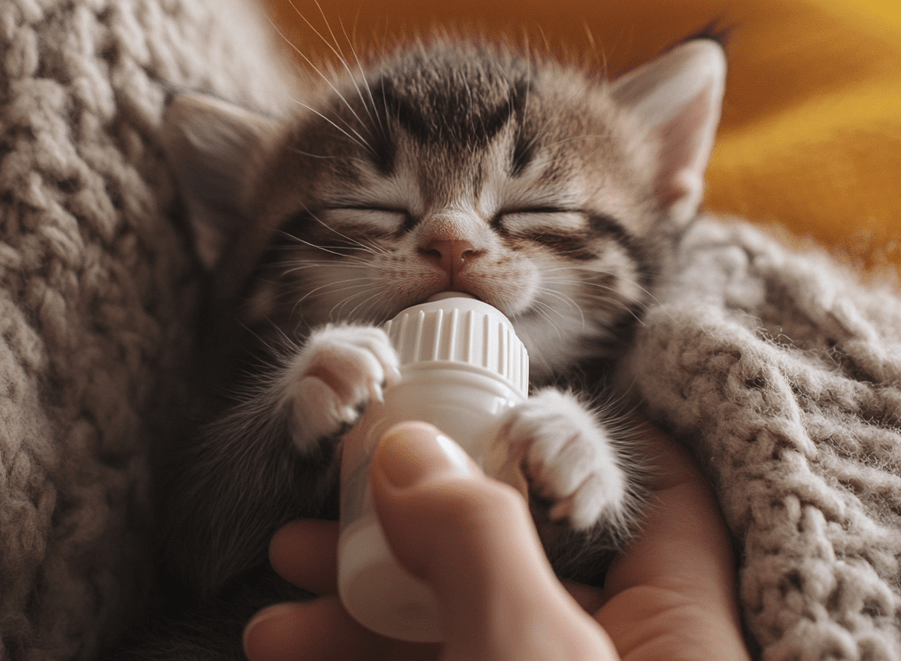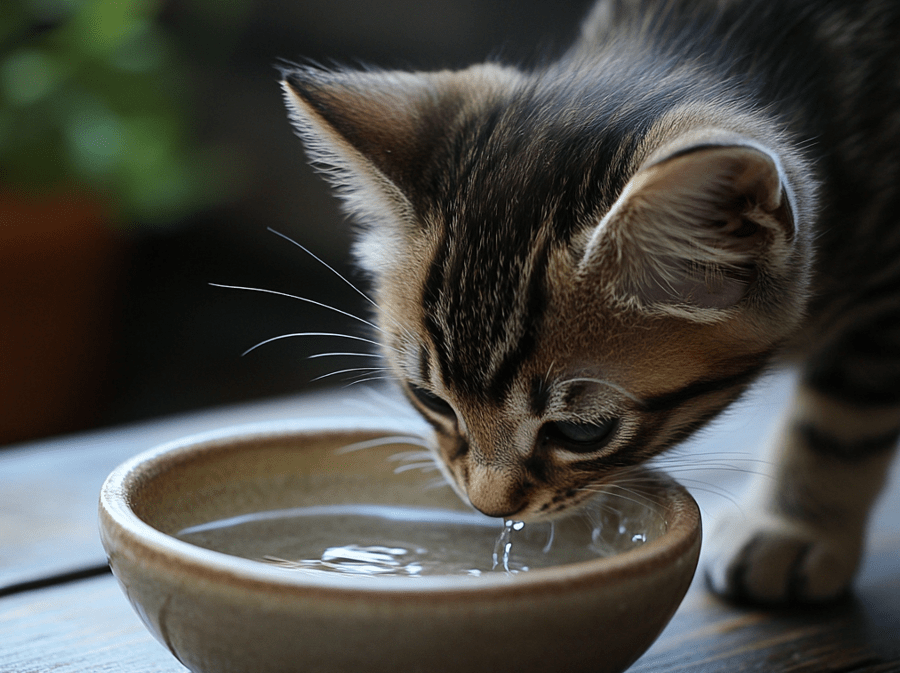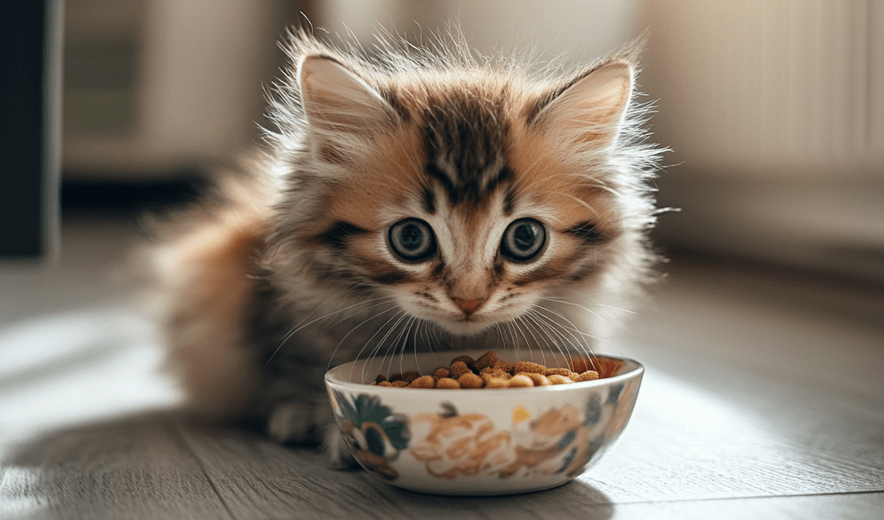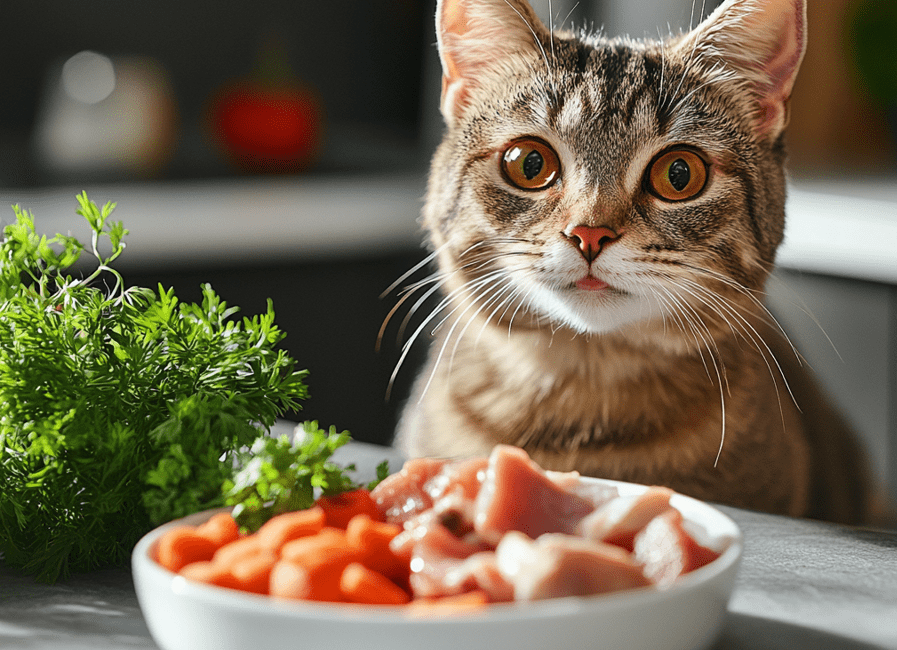
If you are a cat parent then the chances that you may have heard of taurine and its importance in your cat’s diet is very high.
Cat nutritionists have been aware of the need for taurine to keep cats alive and well since at least the mid-1980s, so they are quite familiar with what happens when kitties do not get enough over a long period.
Wet or dry commercial cat foods contain enough taurine to meet a cat’s needs, but if you are feeding homemade, raw or home cooked food, you will have to be more careful in order for your cat/s to get the required amount.
In Untamed she guides you through the science behind taurine, and how to make sure that your choice of cat diet means optimal health for your feline.
To watch the summary of this article, just watch this video-
What is taurine in cat food?
Taurine is an amino acid that cats are dependent on.
Amino acids are the base of proteins and well necessary for our body to build, repair or maintain several tissues:
1.Muscles
2.Skin and coat
3.Organs
One thing that everyone is interested in is whether or not they need to include an ingredient called taurine. As a general observation, all animals can make taurine from proteins by splitting them down into their amino acid constituents and putting them back together as taurine but there are arguments on both sides of the fence about this subject.
This is why cats need decent quantities of pre-formed taurine in their food, as they are not able to perform this transformation.
Taurine-Rich Foods for Cats: What to Include in Their Diet
Taurine is a crucial amino acid for your cat’s health, and ensuring they get enough taurine-rich foods is essential. High-quality, taurine-rich foods for cats include meats like chicken, fish, and beef, which are the primary natural sources of taurine. Commercial cat foods that are labeled as “complete and balanced” typically provide sufficient taurine to meet a cat’s needs. For homemade diets, it’s important to include organ meats, such as liver and heart, to ensure your cat is getting the required amount. Adding taurine-rich foods to your cat’s meals helps support their vision, heart, and overall health.
Sources of Taurine for Cats: Best Animal-Based Protein Options
Taurine is found naturally in animal tissues, making meat-based protein sources the best option for your cat. Some of the best sources of taurine for cats include chicken, tuna, sardines, and beef. Unlike plant-based proteins, these animal sources provide taurine in a form that is highly bioavailable to cats. Since cats are obligate carnivores, their bodies are adapted to digest and metabolize animal proteins more efficiently, ensuring they receive the taurine they need for healthy function.
What does taurine do?
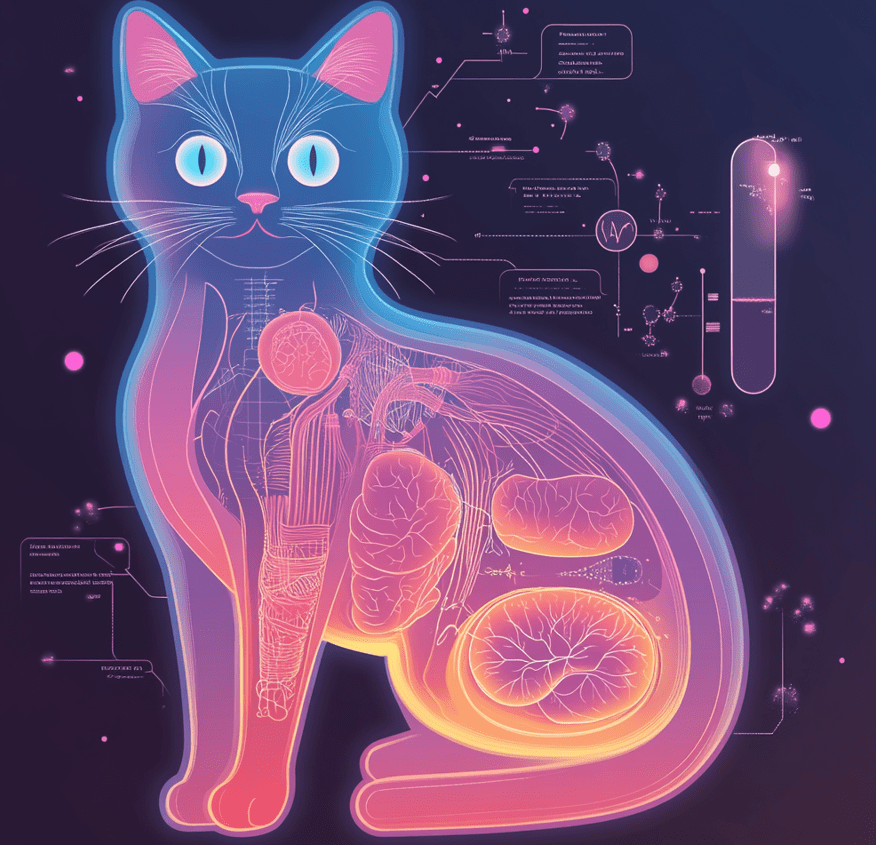
Keeping this in mind, the health and well maintenance of the following systems are regulated by taurine within a cat:
1.Eyes
2.Heart
3.Digestive tract
Why Taurine is Critical to Your Cats Vision
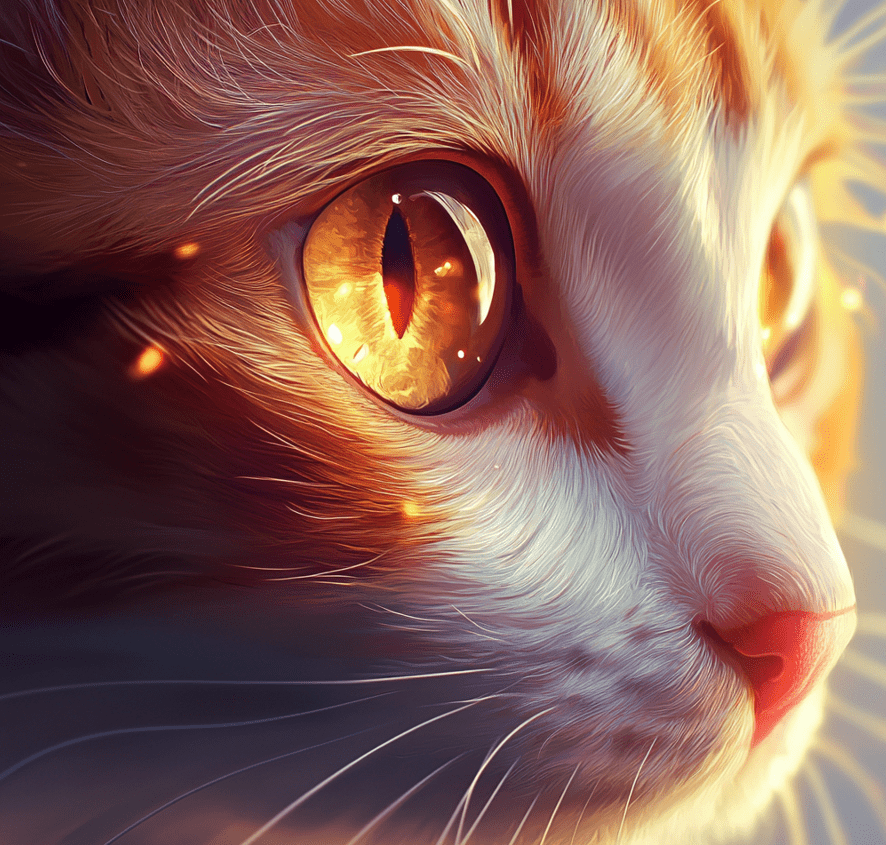
Estimation of taurine can be made simply by counting light-sensing cells found in a cat’s retina.
With night vision, in contrast to the daytime color-based process explained above, special cells called rods and cones (because of their shapes) deal with light coming into the eye and change it over into neurological driving forces that your brain can interpret.
And because the retina itself also contains taurine, a deficiency can therefore cause:
1.Night blindness
2.Inability of the colors to be judged
3.Eventual Total Blindness
How Taurine Strengthens the Cat Heart
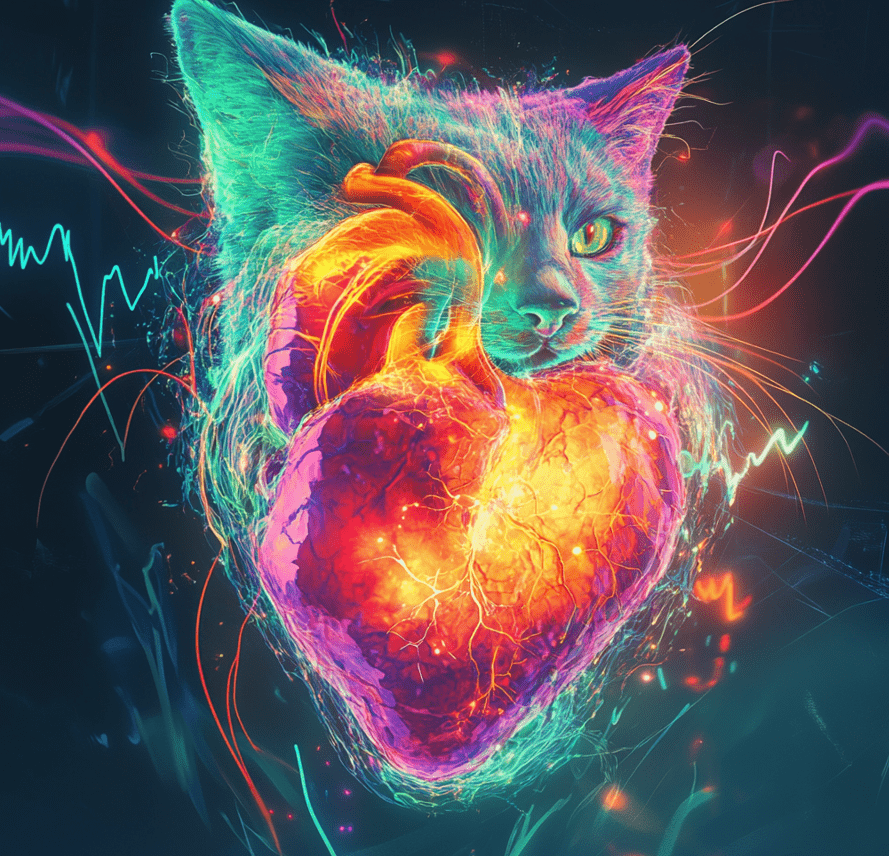
Taurine, discovered to be important in the 1980s for maintaining an appropriate balance of calcium and other minerals on either side of cellular membranes throughout a cat’s heart
A mineral imbalance in feline heart muscle can lead to loss of proper contraction.
One of the consequences is a progressive heart failure that develops in cats fed Taurine- deficient diet.
Bile production helps reduce the build up of fat in a cat’s body.
Without taurine, cats are not able to create the fats they require in order for:
1.Energy
2.Skin and Coat Health
3.The provision of fatty acids necessary for cell make-up
If you cannot secrete bile, it causes diarrhea and nausea. This can lead to your cat losing her appetite, and things will only get worse from here.
Why taurine needed for cats Reproductive function
Taurine is associated with breeding difficulties and preventing queens from coming to term their kittens or when that occurs it may cause retarded growth in the kitten -which often need more time-, as well as pregnant sick-and-traveling-queens.
Taurine is important in the food of mummy and her kittens for growth ideals.
High Taurine Cat Food: Choosing the Right Products for Your Pet
When selecting high taurine cat food, look for products that contain high-quality animal proteins such as chicken, turkey, or fish. Many premium and veterinarian-recommended brands offer high taurine cat food options that ensure your cat’s taurine requirements are met. Look for foods that are free of unnecessary fillers, as these can dilute the taurine content and affect your cat’s overall health. If you’re uncertain about the taurine content, always check the AAFCO label for assurance that the food provides adequate taurine levels for your cat.
Which Foods Have Taurine for Cats
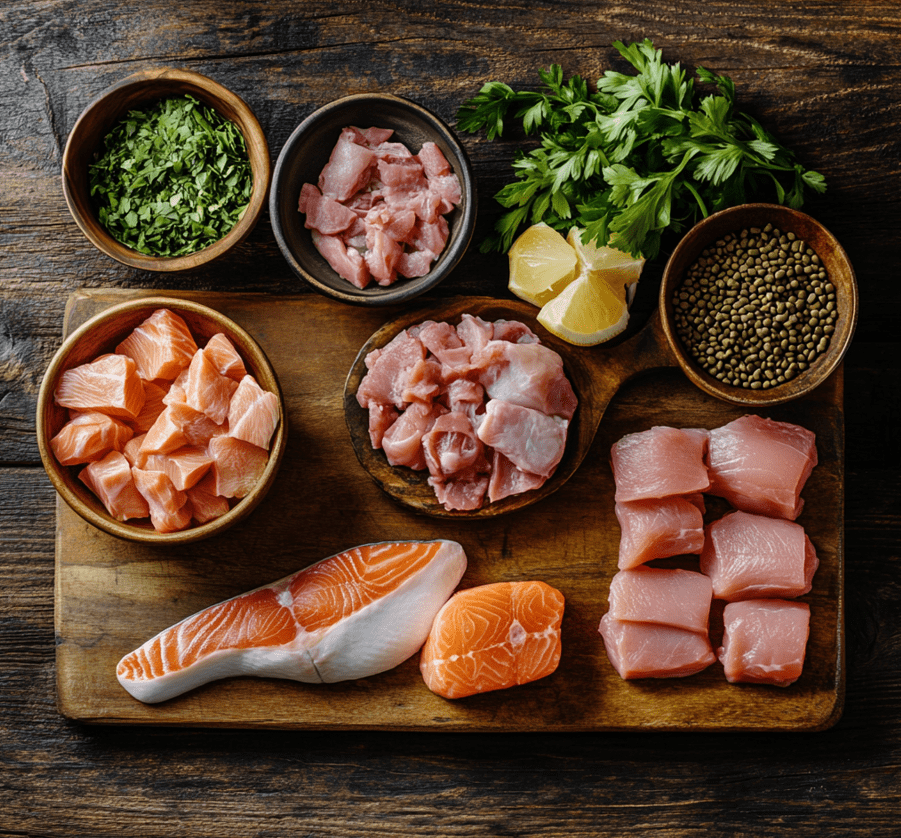
Taurine is naturally present in meat.
As obligate carnivores, they have evolved to be able to digest animal protein far more easily than the kind of plant-based proteins used by many vegan pet food brands.
Cats could be strictly vegetarian in a perfect world, but to cover the amino acid requirement they would need massive local products.
The biological value is a measure of how efficiently the most common protein sources are turned into metabolite and can be consumed, this figure as a percentage;
The table below shows the most common protein sources, and their biological values:
| Protein source | Biological value (how much of a protein source a cat can use) |
| chicken | 98% |
| Tuna, Salmon, sardines or Prawns | 94% |
| Beef and pork or ham | 87% |
| Soya | 68% |
| Wheatgerm, corn, sweetcorn, and other vegetable proteins | Below 65% |
Taurine is naturally present in all organ or muscle meat, but the digestibility of the amino acid will affect how much your cat needs to eat.
If you feed your cat a homemade diet of chicken, lamb or fish then they should get enough taurine.
Every commercial cat food is required to adhere to guidelines set forth by the Association of American feed control officials (AAFCO) or its European counterpart, The European Pet Food Industry Federation (FEDIAF). Consequently, to be able to state that a food is “complete and balanced,” both dictionaries require the cyanuric acid content of an appropriate level for cats.
If it says complete and balanced, then there is enough taurine.
What is the proper way to ensure your cat gets taurine?
A good, meaty diet will provide your cat with plenty of taurine so go that route if you want to be confident in how much they are getting.
There are an enormous amount of foods that we eat today but good vs. not so good is even morîe confusing to navigate with the vast array on offer at any given time!!!
All of the information you need to determine if a food is good for you or not will be found on that label — all it takes is knowing what to look for.
These 2 important ingredients to see if include the
- Ingredients list
- Guaranteed analysis
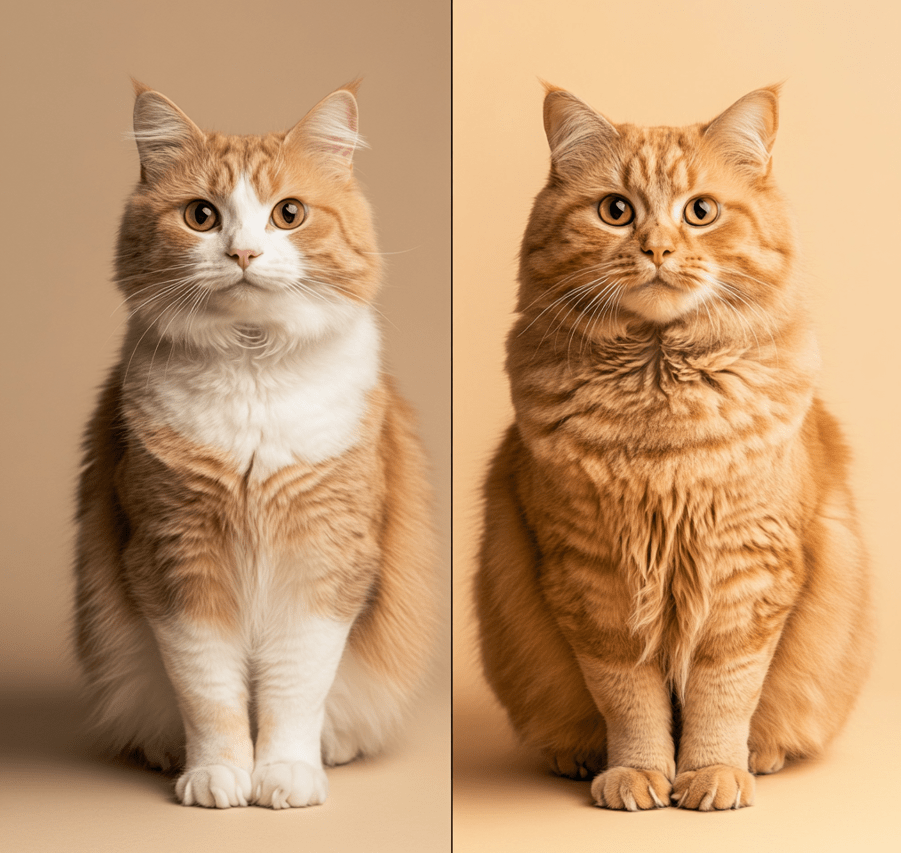
Cat Food High in Taurine: Importance for Your Cat’s Health
Cat food high in taurine is essential for supporting various bodily functions, including heart health, eye function, and digestion. A well-balanced, taurine-rich diet is vital for maintaining energy levels, promoting a shiny coat, and preventing conditions like retinal degeneration or heart disease. Look for cat food with labeled taurine supplementation or a high concentration of animal meat to ensure the food offers sufficient taurine content.
Foods High in Taurine for Cats: Key Ingredients to Look For
If you are preparing homemade meals for your cat, incorporating foods high in taurine is crucial. Some of the top foods high in taurine for cats include chicken, turkey, liver, beef, and various fish such as salmon and sardines. These ingredients provide the amino acids that cats cannot produce on their own and are essential for supporting vital functions like eye health and heart muscle strength.
Where Does Taurine Come From for Cats? Understanding Its Sources
Taurine for cats comes primarily from animal-based sources. As obligate carnivores, cats rely on taurine found in animal meat and organs to meet their nutritional needs. Taurine is not naturally synthesized by cats in adequate amounts, making it critical to provide taurine-rich foods in their diet. Whether in dry, wet, or homemade food, ensuring that taurine comes from high-quality animal protein is crucial for your cat’s long-term health.
Cat Taurine: Why It’s Essential for Their Health
Cat taurine plays a vital role in maintaining several bodily systems, including the eyes, heart, and digestive tract. Taurine deficiency can lead to severe health issues such as blindness, heart failure, and digestive problems. For cats to thrive, taurine must be a consistent part of their diet. Supplementing your cat’s food with taurine ensures they receive the necessary nutrients for optimal well-being.
Taurine Cat Food: What Makes It Essential
Taurine cat food is specially formulated to ensure your pet gets enough of this essential amino acid. While commercial cat food is usually supplemented with taurine, if you’re feeding homemade meals, you may need to add organ meats or taurine supplements to the food. This amino acid supports vital functions, including the cat’s vision, heart, and reproductive health. Always check the food label to ensure the taurine content is adequate.
Cats Taurine: The Vital Role of Taurine in Your Cat’s Diet
Cats taurine is a fundamental nutrient that they cannot synthesize adequately on their own, making it essential to include taurine-rich foods in their diet. Without sufficient taurine, cats can experience serious health issues like heart disease, retinal degeneration, and digestive problems. Cats rely on animal-based proteins for taurine, so ensuring they consume high-quality cat food with sufficient taurine is vital to their health.
Taurine for Cats: Key Benefits and Importance
Taurine for cats is an essential nutrient that supports several critical functions in your cat’s body. From promoting healthy heart function to supporting eye health and a shiny coat, taurine is vital for your cat’s overall well-being. By ensuring your cat’s diet contains sufficient taurine, either through high-quality commercial cat food or homemade meals, you can help protect them from health issues that arise from taurine deficiency.
What Happens If My Cat Doesn’t Get Enough Taurine?
It is important to note that every commercial cat food with an assurance of a complete and balanced diet will contain enough taurine, however this might not be true if you are home cooking your cat’s meals.
As was said before, insufficient taurine in felines’ feeds can significantly harm their overall health.
Insufficient output levels of taurine may not become evident for months or even years.
Signs of Taurine Deficiency If you are feeding your cats commercial cat food (in any form) and it’s not labeled vegetarian, specially-made for urinary support, or prescription by the vet then taurine will be supplemented in sufficient amounts.
- Slow loss of vision
- Long-term digestive issues
- Laziness and Respiratory problems or Cough.
- Changes in litters of kittens
Slow loss of vision
In the early stages of retinal degeneration, your cat may start to be less willing or able to make forays out into the night and move around in darkness.
Colors that your cat previously recognised may also no longer be picked up as the rods and cones in its retina deteriorate.
You will begin to notice the symptoms of this condition from six months up to two years later and its progression is slow. Because by the time you realize they have it, much of the damage is likely to be permanent—the most a vet can do usually is save whatever sight may remain.
Long-term digestive issues
Slightly inadequate taurine: Slight digestive issues, lethargy – If your cat has some gas or sounds somewhat gassy in the stomach area and they feel a little tired all the time tauring shortage could be blamed.
The inability of your cat to metabolize fatty acids can lead as well to:
1.Skin and coat breakdown
2.Immune Deficiencies
3.Dental issues
4.Diabetes
Laziness and Respiratory problems or Cough
The subsequent occurrence of heart issues evoked by an insufficient taurine diet:
1.Lethargy
2.Shortness of breath
3.Chronic cough
A strenuous regimen of taurine can save the heart, but untreated (and presumably undiagnosed), that may allow what happens in step two:
1.Seizures
2.Hind limb paralysis
3.A coronary attack
Changes in litters of kittens
Your female cat may have a taurine deficiency if her litters are drastically smaller than they used to be, or the kittens seem underdeveloped.
This includes the ability to assess these factors through blood tests and supplement them as needed, which your vet may be able to better assist you with.
Is It Possible for a Cat to Have Too Much Taurine?
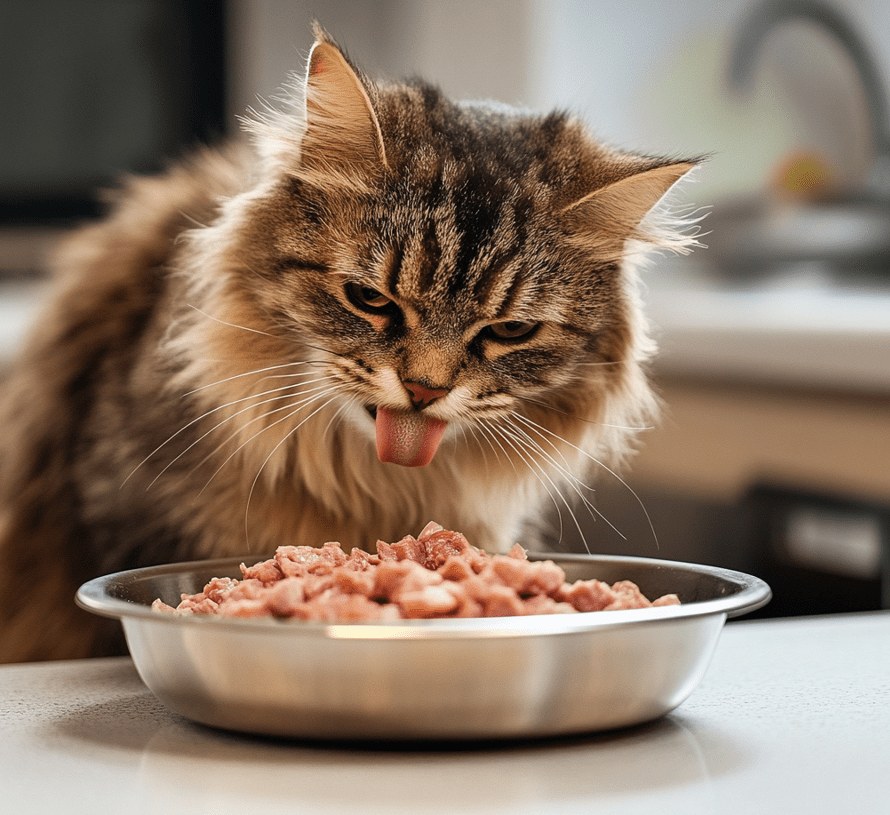
Prevention is the best route with all of the above conditions.
If your cat gets enough meat in its diet to have an adequate amount of taurine, those conditions should not occur seriously.
Just like us, cats would experience the effects of anything else that a general lack of taurine in humans is known to cause independently. Cats will have failing eyesight, heart function and digestive competency, reproduction capacity naturally becomes more limited.
That nice red mouth comes with a cost, and it is better to not exacerbate the issues by failing to supply them with an essential element in their diet.
The question over whether a kitty can have too much of it still remains), but there is no evidence (that I could find) that supplementing with taurine ever caused any issues for cats.
Research conducted on animals up to the 1980s showed that any excess taurine should be rapidly taken in and disposed of through feces or urine.

